The House of the Dragon season 1, episode 1 ending delivers some surprising reveals and setup for what's to come next in the Game of Thrones prequel.
There are some major reveals and setups in House of the Dragon season 1, episode 1's ending, which will have consequences not only for this story, but also have a ripple effect throughout Game of Thrones history. The first of what HBO hopes will be many Westeros-set spinoffs, House of the Dragon debuted three years after Game of Thrones' ending and set its stall out as not only a successor, but a show that will carve out its own legacy as well. Honoring one show while marking yourself out as something unique isn't easy, but the spinoff does manage it.
House of the Dragon season 1, episode 1 immediately puts viewers into a Westeros that feels simultaneously familiar and different. The sights are recognizable, but also aren't quite the same: there's a polish to King's Landing, for instance, that has worn off by Game of Thrones' timeline. The gap between the two years is spelled out on screen in its opening moments, with text referencing the Mad King, Aerys II Targaryen, and Daenerys Targaryen, but it's the rest of the episode that really shows it.
The journeys and rivalries that will define the prequel's story are laid out in the first episode, from King Viserys I Targaryen choosing Rhaenyra as his heir over Daemon, and Hand of the King, Otto Hightower, sending his daughter to comfort the King in a moment of need. These are seeds that will grow over years, both in-universe and, should the show last, in the real world too. And with some big teases of that and connections to Game of Thrones in the House of the Dragon season 1, episode 1 ending, the pieces are very much on the chessboard that is King's Landing.
Why Viserys Chooses Rhaenyra As His Heir (& What It Means)
The House of the Dragon season 1, episode 1 ending sees King Viserys shock the realm by naming Rhaenyra, his only living child, as his heir over his brother, Prince Daemon. One of the main reasons for this is spelled out in the episode, as Viserys does it in response to Daemon mocking the death of his son, Baelon, naming him "heir for a day." Viserys' anger is partly why he chooses Rhaenyra over Daemon, but it runs deeper too. There had long been concerns within the King's Small Council - not least from Otto - as to what would happen were Daemon to become King. Viserys ignored these comments because he truly believed he would have a son; when Aemma dies in childbirth and their son not long after, then he's forced into taking decisive action (not something that comes naturally to him).
Generously, one could even suppose that he favored his daughter over Daemon because of how himself became King; as shown in House of the Dragon season 1 premiere's opening, Viserys was chosen as King at the Great Council of 101 AC ahead of Rhaenys Targaryen, despite her strong claim. While it might be a bit much to say this was an attempt to rectify that, Viserys is a decent man and a people pleaser, and with that knowledge and a need to keep Rhaenys and her husband, Corlys Velaryon, onside, then it's also a smart decision at this point - Corlys has a preference for Daemon in the pilot, but this will work for Viserys much longer term.
Aegon Conquered Westeros Because Of The White Walkers: Song Of Ice & Fire Explained
The biggest moment in House of the Dragon season 1, episode 1's ending is a quiet one between father and daughter, King and heir, as Viserys tells Rhaenyra of a House Targaryen family secret. That while Aegon did conquer Westeros for power, he also did so because of a prophetic dream: of a coming darkness, a winter that would sweep across the world and destroy the land of the living, and that only with a Targaryen ruling Westeros could they defeat it. Aegon called it A Song of Ice and Fire; this is, of course, a prophecy of the White Walkers, a variation on similar prophecies that have been foretold across Westeros and beyond (such as The Prince That Was Promised).
Aegon Targaryen coming to Westeros because of a prophecy about the White Walkers is a new addition to canon - it wasn't in the show and, so far, hasn't been in the books - but isn't completely out of the blue. The Targaryens have long been obsessed with dreams and prophecies, with even Viserys swayed by one earlier in the episode. Indeed, House Targaryen came to Dragonstone because of a dream that Aegon's ancestor, Daenys, had, which showed fire destroying Valyria. Her father, Aenys, listened to the warning and moved the family, a wise decision as it was ultimately destroyed in a cataclysmic event known as the Doom of Valyria.
It's an interesting wrinkle to the Targaryen dynasty, giving them a grander purpose in Westeros' Seven Kingdoms beyond just ruling it (though whether all Kings believed it is another matter). Certainly, it adds more weight to the White Walkers and the Night King. And Aegon's prophecy did come true, in a fashion: a Targaryen was not upon the Iron Throne, but one did declare themselves Queen and the other had a rather strong claim; together, Daenerys Targaryen and Jon Snow played key roles in defeating the threat, even if it was Arya who killed the Night King in Game of Thrones season 8. This may well play out differently in the books; there's a good chance a Targaryen will be on the Iron Throne by the time the threat of the Others has to be fully dealt with, and that it too may confirm the truth behind Aegon's conquering of Westeros.

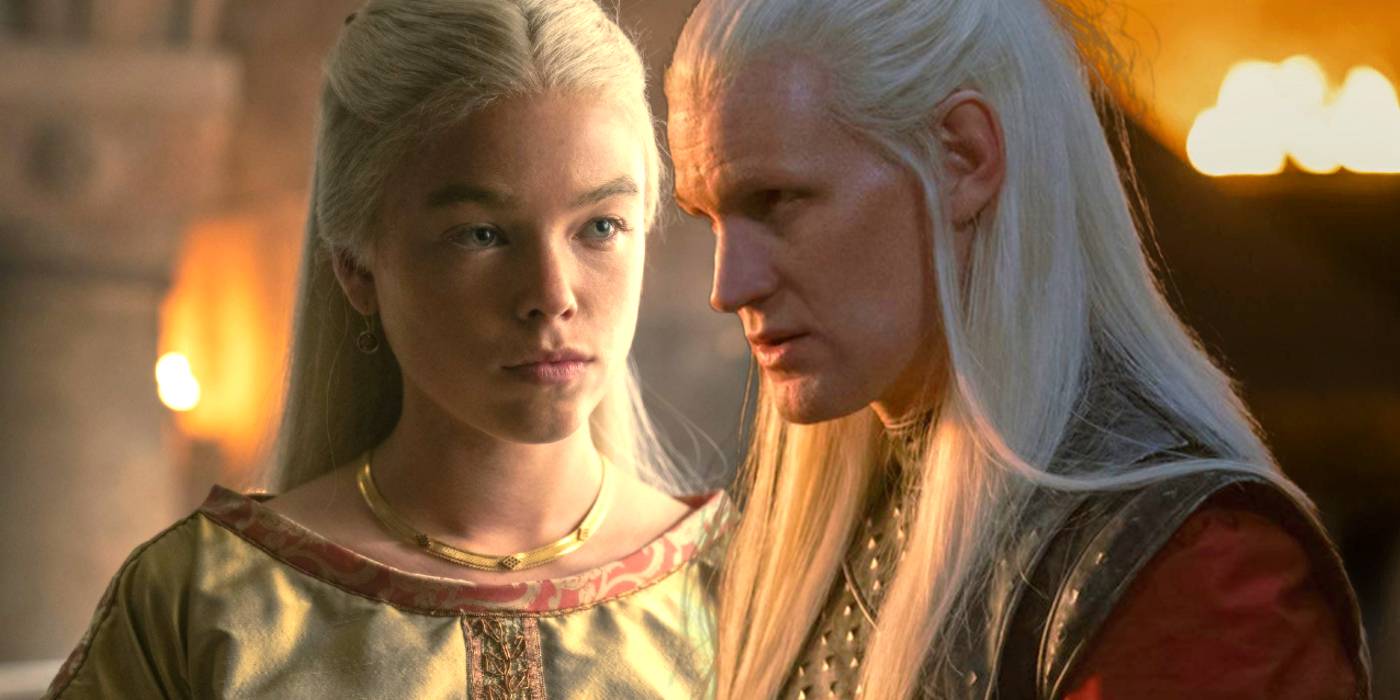
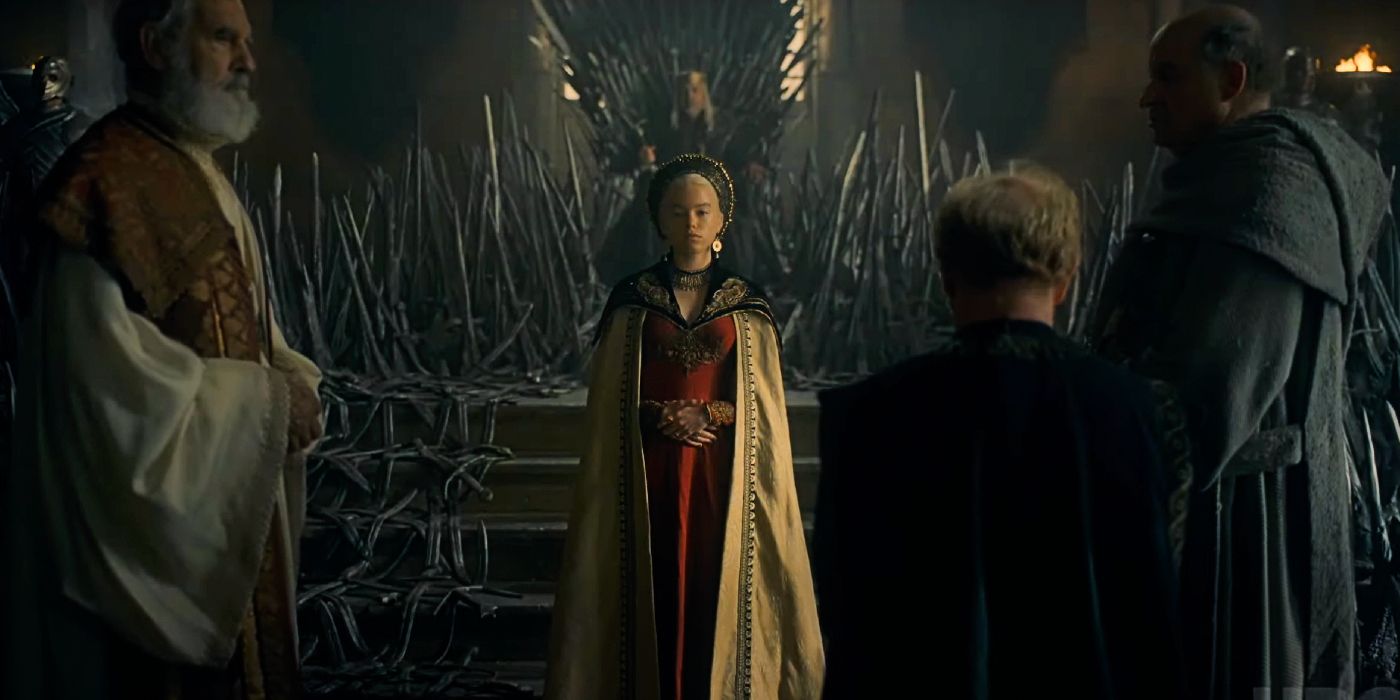
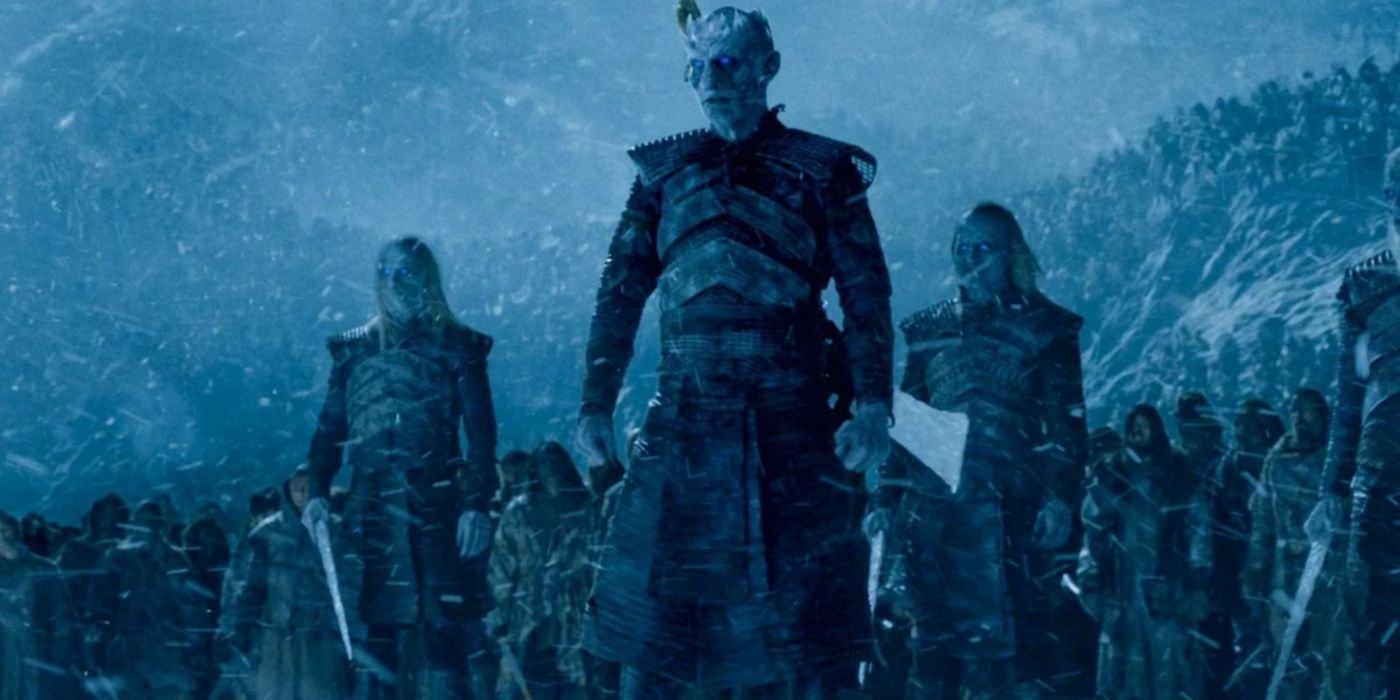
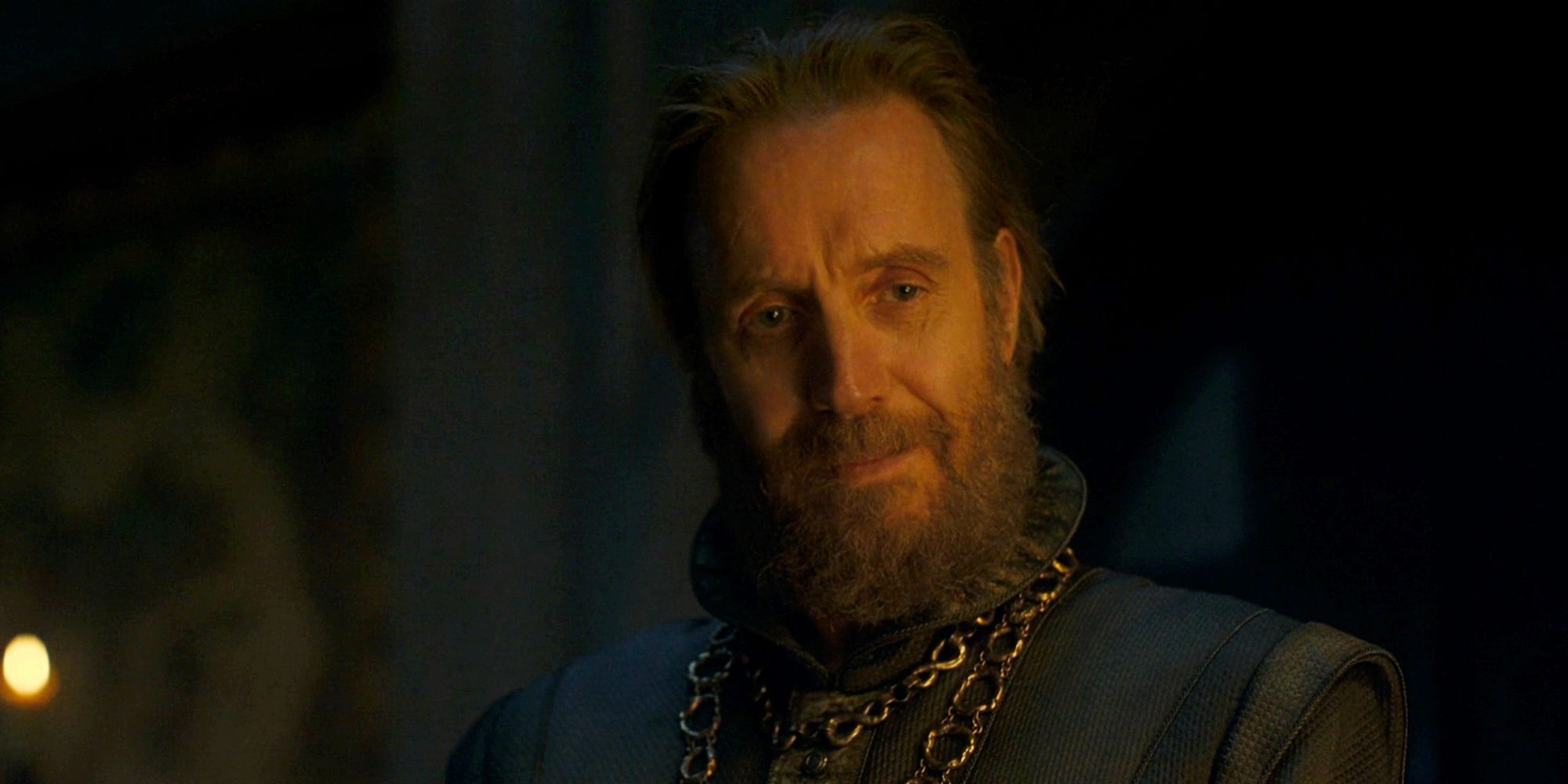
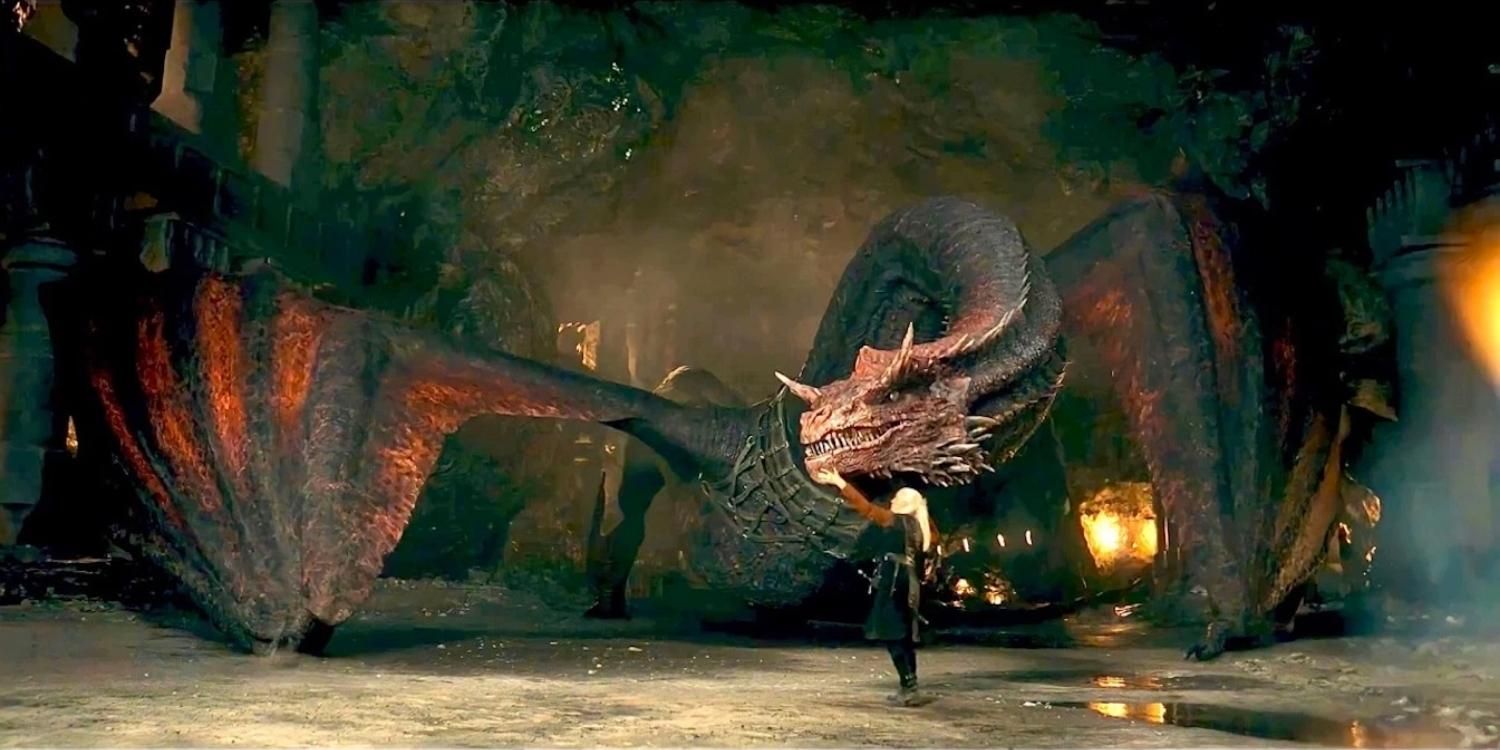
0 Comments